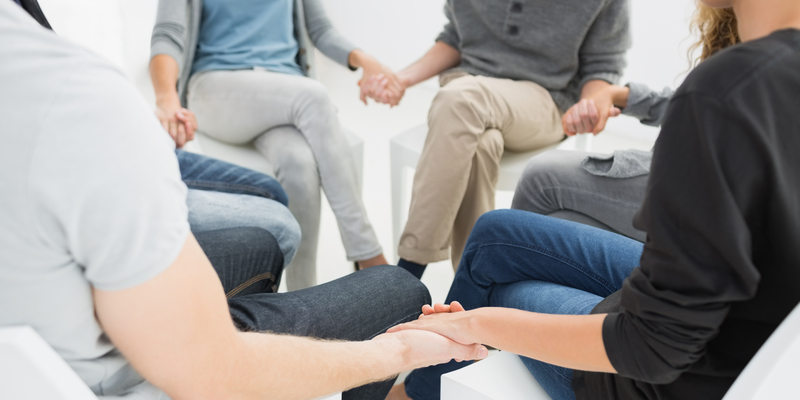Another important part is counseling: the opportunity to talk with a professional either one-on-one or in a group with others in treatment. Through counseling, you learn about the motivations and behaviors that led to your opioid addiction. You learn how to commit to a more healthful lifestyle. You gain support and skills while working with others to manage your recovery long term. Counseling can provide you with encouragement and with motivation to stick to treatment. It can help you learn how to make healthy decisions, handle setbacks and stress, and move forward with your life. In group counseling, you connect with others in treatment and make new friends who don’t use drugs. You can get these benefits from support groups, too. These are informal meetings of people facing similar challenges.
(270) 442-7121

